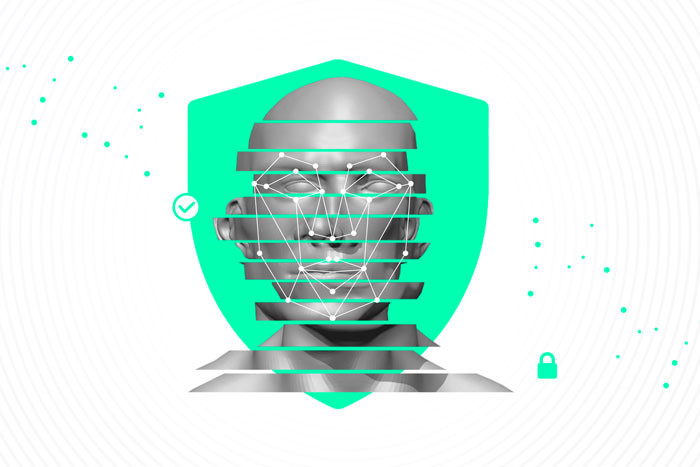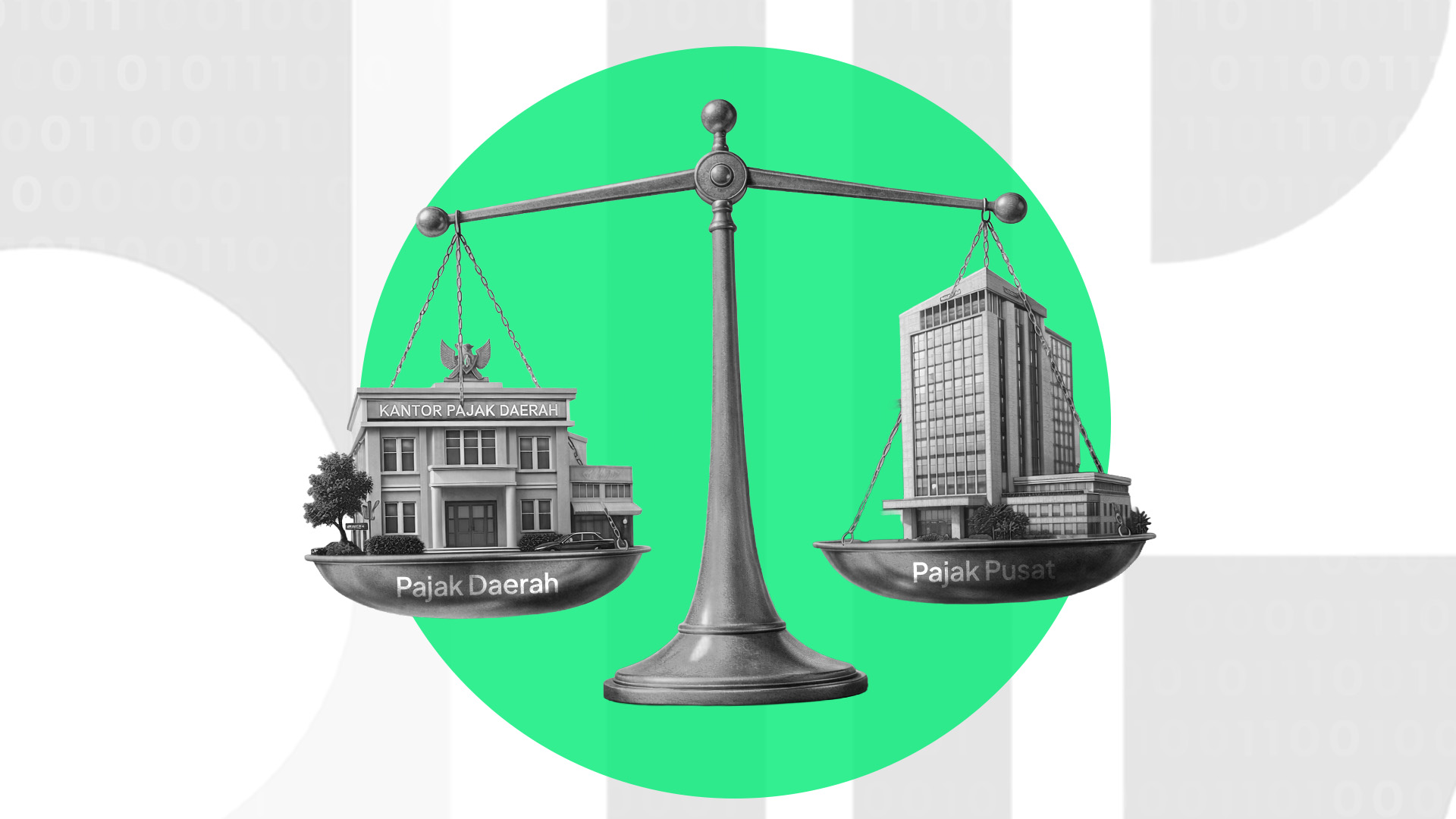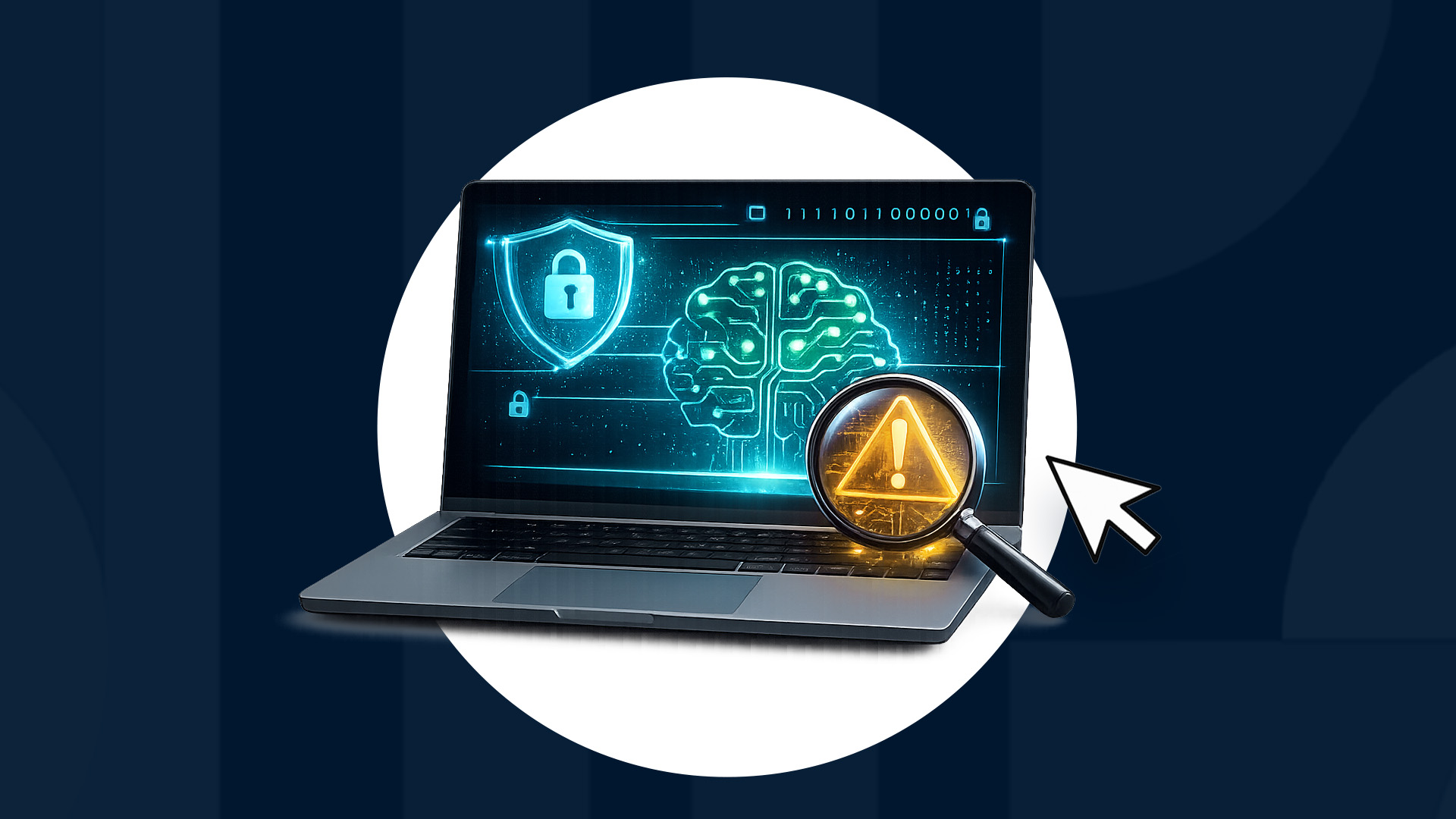Along with the rapid growth of digital transformation in Indonesia, tech companies need to create digital trust among consumers. Increased consumer confidence in digital companies will determine whether or not they continue to use the services of these companies. So, what role does digital identity play in maximizing digital transformation in Indonesia?
What is Digital Identity?
Digital identity is a resident identification system in digital format that can represent individuals uniquely and reliably. Your identity may consist of your name, date of birth, nationality, domicile, resident number, social media accounts, accounts on buying and selling sites, or other information depending on the type of service being accessed.
We may not realize it, but digital identities are widely used in our daily activities, from going to work, starting and finishing routine activities such as digital banking transactions, shopping online, applying for online loans, checking SWAB results, using digital signatures when working remotely, and accessing online services.
Tips for Maintaining Digital Identity
Digital identities must be protected from various modes of fraud and other misuse of data. The following steps can be taken to prevent digital identity leaks:
-
Keep your digital identity secret
-
Use a password manager to easily store all passwords in one platform
-
Use Multi-Factor Authentication to help prevent hackers from accessing your data
-
Do not open links from unknown sources
The Role of Digital Trust
Digital trust plays an important role in the growth of the digital industry. Digital technology also relies heavily on public and consumer trust in terms of security. Moreover, digital security issues such as digital data leakage are still a threat amid the ongoing acceleration of digital transformation.
Digital trust is the basis for people to use technology, so building trust in the digital industry is believed to be the key to digital economic growth. Digital industry players who are able to ensure the security of user data will have a big positive impact on the sustainability of the industry.
This guarantee for digital trust is at the heart of the agenda for the digital sector at G20 Summit, where the Ministry of Communication and Information has prioritized three issues:
-
Post-COVID-19 recovery and connectivity
-
Digital literacy and skills
-
Trusted free cross-border data flow
One of the digital services that supports digital trust is an electronic certificate. Electronic certificates have become a driving force for the advancement of the national digital ecosystem because of their function as proof of the validity of digital services such as signing digital documents, online financial transactions, or marking and validating digital identities.
What is an Electronic Certificate?
An electronic certificate is a collection of electronic data containing a digital signature and identity indicating the status of the legal subjects of the parties in an electronic transaction issued by an Electronic Certification Operator, or PSrE.
Uses of Electronic Certificates
1. To guarantee document authenticity
The electronic certificate shows the identity of the owner of the certificate in the electronic document, thus proving the integrity of the data used to sign the electronic document. It also guarantees the authenticity and integrity of a document so that the document is undeniable, as the signatory cannot deny having made the electronic transaction.
Electronic certificates are secured with asymmetric cryptography to ensure security. Electronic certificates are designed to be hack- and counterfeit-resistant and are issued by bodies that can revoke an identity card at any time (for example, if the card is used for other purposes or is lost).
3. User Identity Identification
Electronic certificates contain personal information to help identify and track users.
VIDA as PSrE under the auspices of Kominfo
As a PSrE registered under the Ministry of Communication and Information of the Republic of Indonesia, PT Indonesia Digital Identity (VIDA) is a trusted body that has the authority to issue electronic certificates for certified digital signatures. Founded in 2018, VIDA is a digital identity service provider that utilizes electronic certificates to provide multi-factor authentication, digital signatures, and verified identity services. VIDA applies world-class data security standards, including Public Key Infrastructure, facial recognition (biometrics), and network security as a comprehensive data security solution.
Protect your digital identity using the VIDA Verify service. VIDA Verify protects user identity accounts with the most secure biometric verification technology. By comparing biometric and demographic data with national databases, VIDA identity verification provides legal assurance of user identity and a high level of assurance.
Verification technology with biometrics prevents a person's digital identity being stolen, falsified, or misused by other parties. The risk of cybercrimes such as illegal access or fake identities can be prevented.
Accelerate your business with digital solutions from VIDA. Find out more about other products that suit your business needs here.




.png)

.jpeg)
